
Three years into the pandemic, and with almost 663 million people infected around the world since it started spreading in 2020, the idea of “Novids” seem next to impossible.
But scientists and experts say these people do exist. You probably know one or two people who never had Covid, despite exposures and resuming their normal life in this post-pandemic world. Or you might probably be a Novid yourself.
Think about it, if most studies have focused on why some people get severely ill from Covid, why not explore why a small population that don’t get Covid at all? These never-Coviders can help figure out treatments for infection.
Why do you think Novids continue to dodge the virus? Check out opinions of these experts.
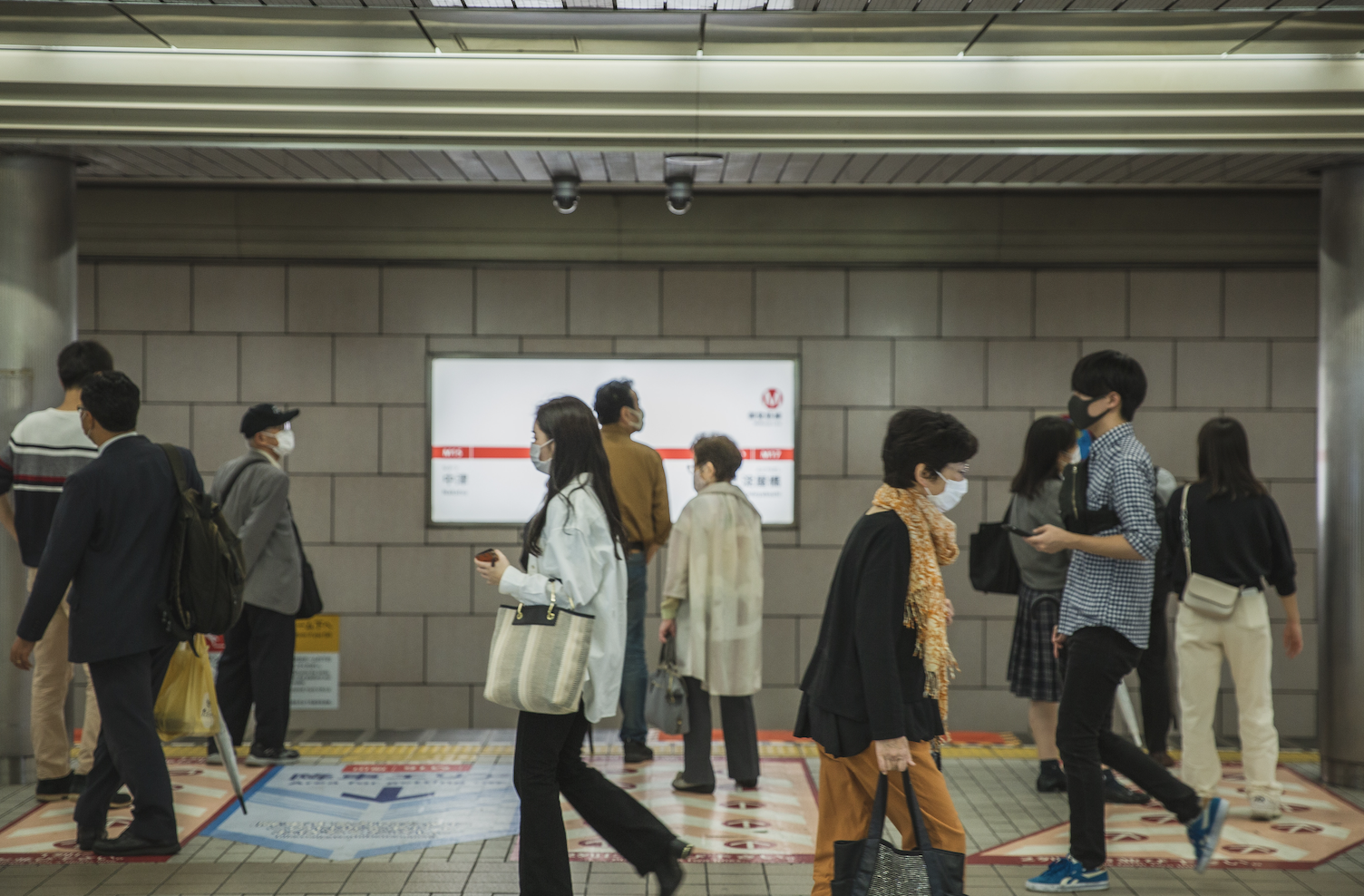
Is it just luck?
Sabrian Assomou, a BU Chobanian & Avedisian School of Medicine at the Louis W. Sullivan Professor of Medicine, and also an attending physician in infectious diseases, was interviewed by Boston University. Assimou has been studying SARS-CoV-2 since its earliest days.
Asked the question that’s been itching our curiosity, “Why haven’t some people caught Covid,” she answers it’s multi-factorial. “Vaccination is the number one reason I would say. Cautious behavior is also big. Wearing masks on public transportation and other crowded settings matters,” Dr. Assomou answered.
“Socio-economic status is another factor. If you can work from home as opposed to working on the front line, that matters.
“Then there is luck. If you happen to be sitting for a prolonged period of time next to someone who’s infected, it might be difficult to avoid infection,” Assomou explained.
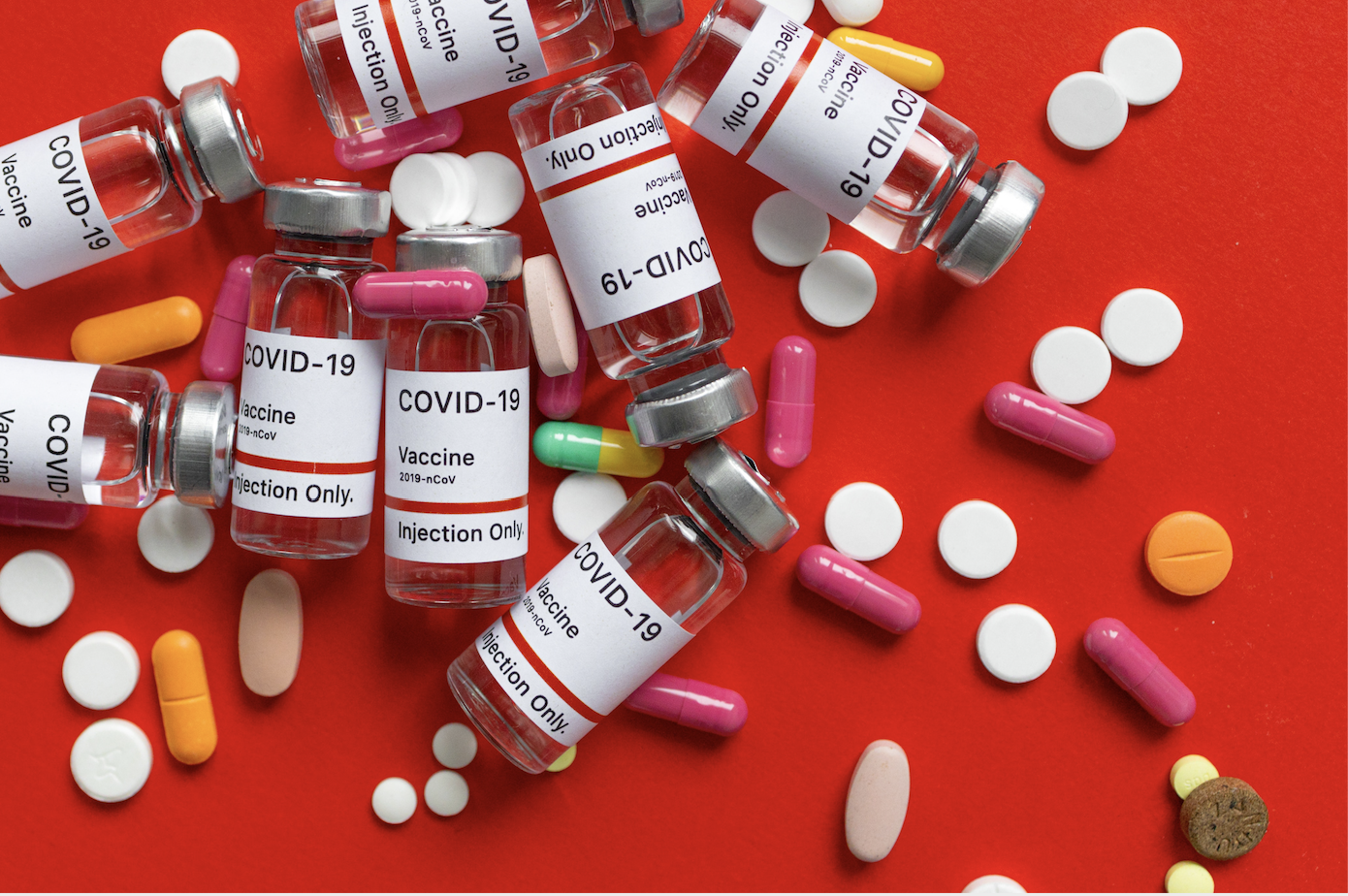
Aren’t they just asymptomatic?
But then, it’s tricky. Some people are asymptomatic or don’t display any symptoms. Couldn’t they just be asymptomatic? How can we know for sure?
In this article on New York Times, reporter Apoorva Mandavilli who focuses on science and global health, and currently covers the coronavirus pandemic for the Times, sought to provide some answers. She explains, “The virus is in their bodies, but they have no visible symptoms, or really mild symptoms,” emphasizing that this is an entirely different category; however, it’s been really difficult for researchers to pinpoint the differences, because so many people have been infected.
Dr. Assomou confirmed this, saying in the Boston University interview that they have in fact found people who thought they never had Covid, but after taking a test, the results reveal they have actually contracted the virus before.
Consider also how a lone single family member is negative from the virus, while the rest of the family were infected. Dr. Assomou says this is a common occurrence, and she surmised that taking precautionary measures is a factor, such as wearing masks, constantly sanitizing hands, or improving ventilation in the house.
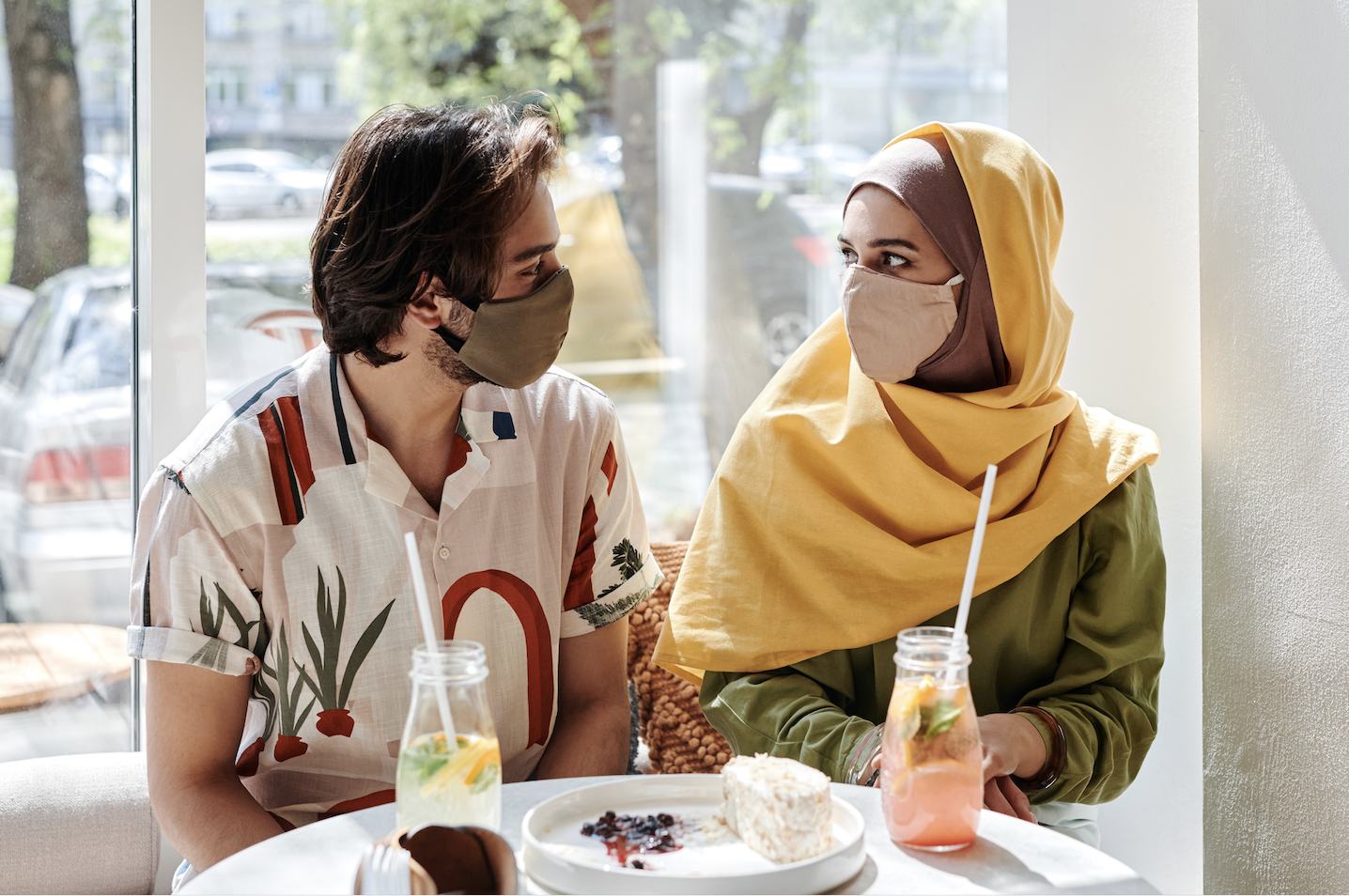
Genetic factor
Research has suggested that people with certain genetic makeup are more susceptible to Covid. But it could also be the case the other way around.
“The flip side is likely to be true,” says Mandavilli. “Some people may have mutations (or genetic makeup) that prevent them from getting infected at all.”
In the early days of the pandemic, a group of scientists from around the world set up Covid Human Genetic Effort. Their goal was to explain why some people were becoming severely sick with Covid, while others get off with barely a sniffle.
One of the scientists in this group was Dr. Andras Spaan, who said in a Healthline interview, “We seek to understand if the individual genetic makeup of people might explain why some do not contract COVID-19 despite intense exposure to the virus. To test this hypothesis, we use cutting-edge human genetic techniques to study those people who appear naturally resistant to SARS-CoV-2.”
They’ve compiled thousands of interviews around the world, but the arrival of the highly infectious Omicron upended the progress of their study.
Good news is, the study is still pushing through. They just have to narrow down the list of candidates to those who really never had Covid.
Meanwhile, some studies suggest that an individual’s immune response to other health conditions and illnesses also may provide some protection against COVID-19, according to Healthline.
For example, in this May 2022 study, it’s been suggested that people with food allergies seem to have a lower COVID-19 risk.
It’s also been discussed as to whether there is any protective effect from exposure to other viruses, such as the common cold.

Are scientists still interested in exploring this gene?
That some people have innate immunity or are naturally immune in their genetics is still puzzling and driving scientists to keep looking for answers.
For example, it is possible that these people have developed a mutation in their ACE2 receptor, which is needed for a Covid cell to latch into and spread. If one has that particular receptor, then the Covid virus won’t spread in your cells. That, however, according to New York Times correspondent Mandavilli, is pretty rare.
Dr. Assimou hasn’t dismissed the idea completely. She likens it to their HIV studies.
“With HIV, there is a mutation in a gene coding for a protein that functions as a receptor molecule, called CCR-5. The HIV virus needs the receptor to get into the cell
“For people who have a mutation in that protein, the HIV virus cannot get into the cell. That’s why we have had functional cures of HIV. These findings helped the science move forward.”
She says if they can find a similar gene in Novids, then that might be key to creating treatments for the infection.
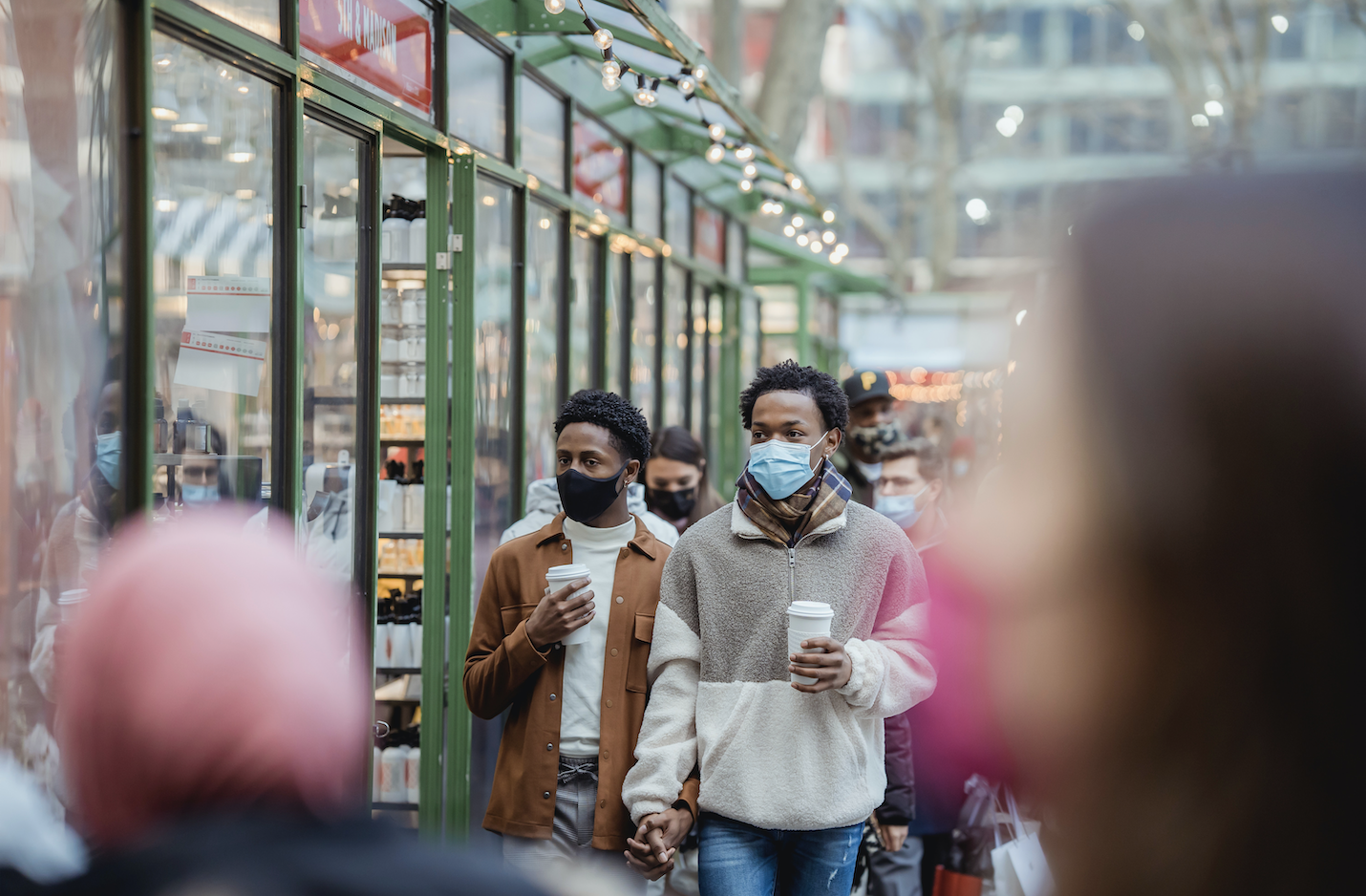
Your Never Covid Experiences
We asked some people who never had Covid or at least believed they never had Covid, and here are their responses.
“I’ve never had COVID (knock on wood). I think because of getting vaccinated and the medicines I used to take with the proper research, being conscious of wearing my masks, and avoiding crowds. My motto is if I don’t need to go out, if it’s not essential, I won’t go out. And If I do go out, I practice proper masking, and take a bath once I get home. Also, to go the extra mile, I keep track of the places I visited, my own contact tracing system. Also, prayers help.” – Earl Sebastian, PR Writer, Manila, Philippines.
“I travel a lot. My son and I were in China when COVID-19 hit. We moved to Chicago, US in 2021. Now, the restrictions in US are looser, my son is back to school, and I have yet to get infected. I credit it to many things. Firstly, having lived in China for ten years, we were practicing hygiene and masking already when similar events happened like the H1N1. We continued the habits until COVID-19 hit, and until now. Hand-washing, masking, avoiding crowds. Also, I’m updated with vaccines and boosters. I’m lucky to be in IL, Chicago with sensible rules in place for COVID. We’re required to bring vaccine cards wherever we go, we mask up when we travel out of state. Also I am lucky to be working from home. It also helps to be picky with places you go to. I prefer outdoor spaces or those with good ventilation. It helps to have good ventilation at home, too.” – Van Canaberal Winters, News Editor for Shenzhen Daily, Illinois, Chicago.
“Reason for not getting infected? Fear of death. I’m a father, I have two kids. If I get sick, who will take care of them? That’s why I’m really careful, until now, when restrictions are lifted in Manila. These days I allow my kids to play with other kids, as long as outdoors. I’m doing hybrid work now, three times on site and I still don’t eat or mingle. Before, I used to eat in my car, now I eat my lunch at my cubicle, never at the pantry or a common area. Also, it helps we don’t go out much, but when we do, we mask up in malls and we don’t stay for long.”— Joey Cruz, Writer, Quezon City, Philippines.
“Three years and counting, and still COVID-free. Hope this doesn’t jinx it. My husband and I work from home, so that’s a definite plus. The risk is when we get together with family members during get-togethers, birthdays and Christmases. December of 2021, New Year celebration, I was at the hospital, giving birth. My family, on the other hand, celebrated at home, and they all got infected. That was the highly-infectious Omicron variant. Another time they all went to the beach, and we didn’t go. Same thing happened. I am beginning to think this is luck. There are days when I need to go on site for work, but so far, I just mask up. I remove it for eating and drinking, put it back again. I’m still a Novid, and I aspire to keep it that way. For my family, for my baby.”—Alina Calleja, Editor, Pasig, Philippines.
Disclaimer: For questions or concerns about vaccinations, please consult with your primary healthcare provider.
Tags


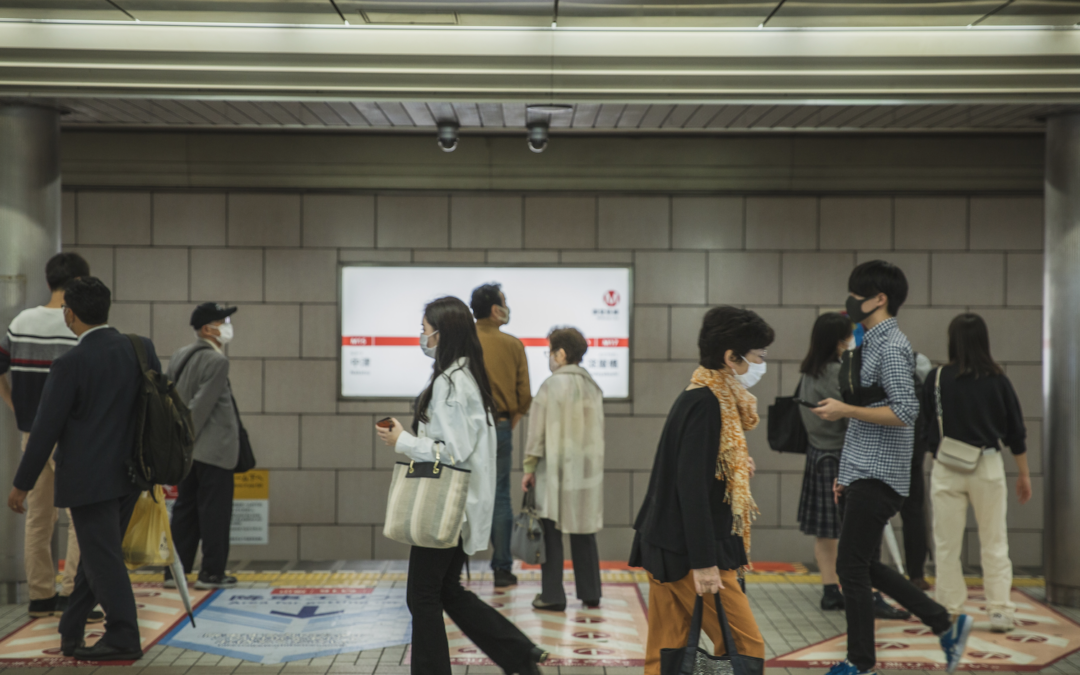
0 Comments